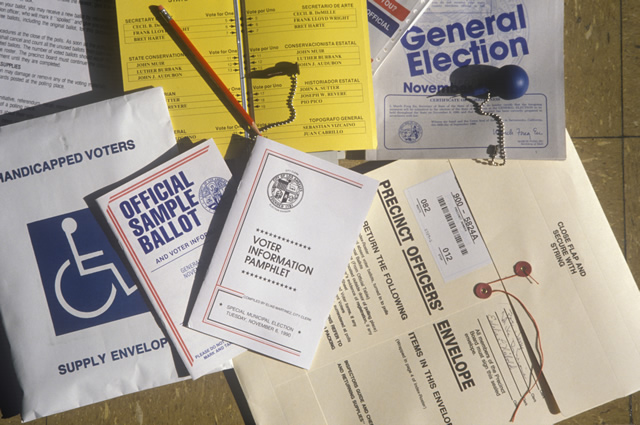“We might be a healthier democracy if we were a slightly less democratic one.” Really? Writing for the New Republic, Peter Orszag, Obama’s former head of the Office of Management and Budget, suggested that Americans need to transfer much of the operation of government out of the hands of Congress and into the hands of unelected bureaucrats.
As a remedy to supposedly systemic gridlock, Orzsag proposes creating automatic boards of unelected administrators and “trigger” mechanisms that automatically set policy unless Congress specifically proposes an alternative. Orszag is not alone in raising doubts about democracy. North Carolina’s governor Bev Perdue raised eyebrows this week when she suggested suspending elections for a few terms so that congressmen would not have to worry about angering their constituents. President Obama has taken this advice to heart, relying on independent, unaccountable bureaucrats to implement the provisions of Obamacare and employing executive waivers to bypass Congress on educational reform.
The Left’s distaste for democracy is hardly new. Since the early 20th century, progressives, notably Herbert Croly, have worked to restructure government into a largely unaccountable administrative state. The Administrative State is premised on the belief that unelected experts (presumed to be more ethical and unbiased) should be responsible for making policy—not the people’s elected representatives.
But unlike earlier progressives, who were aware of the radical nature of their argument, today’s progressives attempt to present bureaucracy as flowing naturally from the Founders distrust of democracy. It is true that the Founder’s despised pure democracy—where all the people vote on every government measure. The Founders correctly perceived that pure democracy is unstable and overly susceptible to demagoguery. Their solution, however, was not to give control of the government to bureaucrats, but rather to establish a mixed republic with checks and balances and a separation of powers designed to ensure both proper deliberation and effective accountability.
The Framers’ thoroughly unique system was carefully crafted to balance efficiency and stability. To guard against hasty legislation unduly influenced by momentary passions, the Founders created a bicameral legislature designed to represent a multiplicity of interests: the dynamic House represents the interests of local communities while the more stable Senate represents the interests of the states. At the same time, the Framers’ vested executive power in a unitary executive able to efficiently and energetically enforce those laws passed by Congress. Finally, the judicial branch ensures that the rule of law is upheld at all times.
As evidenced by its two century track record, America’s constitutional system is perfectly well designed to balance efficiency and accountability. That we now—as often in the past—have serious political disagreements is no reason to discard government accountability and allow more nameless, unelected bureaucrats to further control our lives.

































8 Replies to “Who Needs Elections Anyways? – The Left’s Distaste for Democracy”